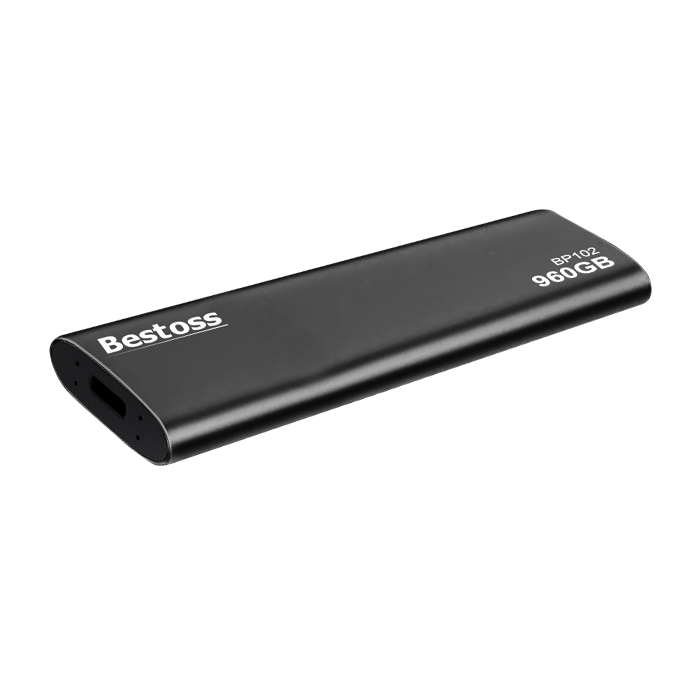- Home
-
Products
-
Product collection
-
- Application
- OEM&ODM
- News
- About Us
- Contact Us

External storage devices have become a crucial part of our digital lives, helping us store and transfer large amounts of data quickly and easily. With so many options available, it can be challenging to determine which type of external storage device is best for your needs. In recent years, Portable SSDs have emerged as a popular choice among users due to their speed, reliability, and portability. In this blog post, we will compare the performance of Portable SSDs to other types of external storage devices, including traditional HDDs and USB Flash Drives, and discuss the factors that affect their performance.
There are several advantages to using a Portable SSD over other types of external storage, including:
a. Speed - Portable SSDs are significantly faster than traditional HDDs or USB flash drives, with read and write speeds that can be up to 10 times faster than HDDs and 5 times faster than USB flash drives. This makes them ideal for tasks such as transferring large files, backing up data, and running applications.
b. Reliability - Because Portable SSDs have no moving parts, they are less prone to mechanical failure and physical damage than HDDs. Additionally, they are resistant to shocks and vibration, making them more reliable for use in portable devices.
c. Portability - As their name suggests, Portable SSDs are lightweight and compact, making them easy to carry around and transport. They are perfect for people who need to access their data on-the-go, whether it be for work, travel, or leisure.
d. Durability - Portable SSDs are more durable than traditional HDDs or USB flash drives. They are typically built to withstand extreme temperatures, shocks, and vibrations, making them ideal for use in harsh environments or conditions.

When it comes to performance, Portable SSDs have a significant advantage over traditional HDDs. While HDDs store data on spinning disks, Portable SSDs use flash memory chips to store data. This means that Portable SSDs can access data much faster than HDDs, resulting in faster boot times, application loading times, and file transfer speeds. Additionally, because they have no moving parts, Portable SSDs are more reliable and less prone to physical damage.
While both Portable SSDs and USB flash drives are portable storage devices, there are some key differences in their performance. Portable SSDs are significantly faster than USB flash drives, with read and write speeds that can be up to 5 times faster. Additionally, Portable SSDs have a longer lifespan than USB flash drives due to their higher quality NAND flash memory. However, USB flash drives are cheaper and more widely available than Portable SSDs, making them a popular choice for casual users.

Several factors can affect the performance of Portable SSDs, including:
a. Interface - The interface used by the Portable SSD can have a significant impact on its performance. USB 3.1 Gen 2 or Thunderbolt 3 interfaces provide the fastest transfer speeds, while older USB 3.0 or USB 2.0 interfaces will result in slower speeds.
b. Capacity - The capacity of the Portable SSD can also impact its performance, with larger-capacity drives typically having faster speeds than smaller ones.
c. Controller - The controller used by the Portable SSD can also affect its performance. Higher-end controllers can improve read and write speeds, as well as help maintain the drive's longevity.
d. Type of NAND memory - The type of NAND memory used in the Portable SSD can also impact its performance. SLC (Single-Level Cell) NAND memory is the fastest and most durable, while TLC (Triple-Level Cell) NAND memory is slower but more affordable.
Portable SSDs offer several advantages over traditional HDDs and USB flash drives in terms of speed, reliability, portability, and durability. While they may be more expensive than other types of external storage devices, their superior performance and longer lifespan make them a worthwhile investment for users who need to store and transfer large amounts of data frequently. By understanding the factors that affect their performance and choosing the right Portable SSD that meets their needs, users can enjoy fast and reliable access to their data anytime and anywhere.
By continuing to use the site you agree to our privacy policy Terms and Conditions.